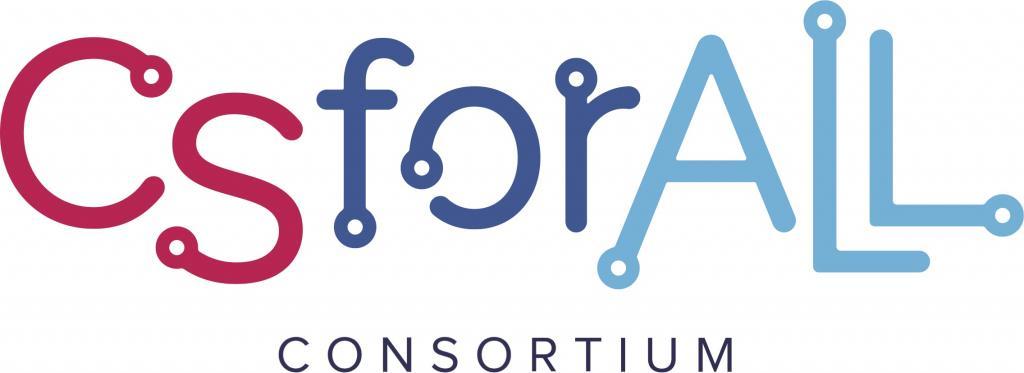Improving the Pipeline for Rural and American Indian Students Entering Computer Science Via Storytelling
This project will advance efforts of the Innovative Technology Experiences for Students and Teachers (ITEST) program to better understand and promote practices that increase students' motivations and capacities to pursue careers in fields of science, technology, engineering, or mathematics (STEM). The project will develop and research storytelling as a culturally responsive way to engage middle school Native American and rural Montana students in learning computer science and computing skills.
